|
Traumaversaries. It may not be a word you are familiar with. It may not be actually be a “real” word, but to anyone parenting or working with children who’ve been impacted by trauma, they are very real. Trauma comes in many forms.
Really, the list could go on and on. And those traumatic events impact children. They carry with them the impacts of trauma, some for a lifetime. Traumaversaries and How Trauma Impacts Children Sometimes children were old enough to remember the traumatic events. Often, they were not. But the impacts of trauma are there...no matter how old they were. Even if a child was not old enough to remember, their bodies will remember the feelings associated with those losses and traumatic events. And when it is the anniversary of the event, those feelings are even more likely to arise. Hence, the reason we use the word “traumaversaries”. One of the challenging things is that often teachers aren’t aware of the anniversaries. Sometimes even the parents aren’t aware. And LOTS of times, the children aren’t aware at all. When Traumaversaries Trigger a Child One family I worked with came to me when their daughter was having a lot of behavioral struggles. It was December, and here in Minnesota there was already a lot of snow on the ground, not to mention cold, blustery temps. Their daughter was adopted from Russia. She had come to their family when she was 6 years old. This was now the second winter season with them and it was the same pattern of behavior. The start of winter brought not only a flurry of snow, it brought a flurry of behavior. This lasted ALL winter. After some talking, listening, and digging, we figured out the trigger. She had been removed from her home and her biological mother when she was 5 years old. And you guessed it...in December! The weather in her hometown was similar to that of Minnesota - snowy and cold. When she first went to the orphanage, they were getting ready for Christmas at the orphanage. Decorations, artwork made by their other children at the orphanage, a live, fragrant Christmas tree. It all now made perfect sense. Her behaviors here at her new home really kicked in when they got their Christmas tree. The smell of the pine needles triggered her emotions. Her loss, her grief, her abandonment. While this insight didn’t erase those emotions during the traumaversary, it did give her parents important knowledge and a new lens to look at those behaviors. They now had the insight to see what was behind the behaviors. They could remove some of the triggers, and could use new tools to help navigate through those triggers that were unavoidable. As she got older, we began teaching her about her traumaversaries and those triggers and emotions that came with them. She is now a young woman. This winter here in Minnesota was a rough one. LOTS of snow. FRIGID temps. Her emotions crept in again in December, but she now has insight and knowledge to know what it is. She now has her own tools and strategies to walk through it without it tailspinning her. As teachers, you very well may have students facing their own traumaversaries. You may be seeing behaviors...ranging from sadness, forgetfulness, acting out, change in attitude, etc. Those students need you to help them navigate through those. When you are working with or parenting a child who’s impacted by trauma, it’s important to be intentional. It’s important to meet the child right where he’s at, and in order to that it’s important to understand a child’s emotional age, attachment style, and trauma history.
When parents and teachers can work together as a team, and give a clear picture of the child so both parties can meet the child right where he or she is at, the child has the best chance at success.
Want tools to help your students or children who've been impacted by trauma? In IMPACT - A Community of Trauma-Sensitive Teachers, we are diving into traumaversaries and loss. It’s a really important topic when it comes to students who’ve been impacted by trauma. Get access here. Parenting an Adopted or Foster Child? Join us in CONNECT to learn about the impacts of trauma. Join us here.
0 Comments
Sometimes things take a turn when our adopted and foster kiddos are having another temper tantrum. A turn where suddenly we are no longer staying calm. A turn where we become the ones yelling. A turn where we become the one having the temper tantrum. That's when you need a plan to RESET. When You’re The One Having the Temper TantrumThere I was standing in my pantry, among all the cans of green beans and corn, feeling terrible. It had been one of those days. You know, the kind where you’re counting down the hours til bedtime, and it just can’t come soon enough. My daughter had been having another temper tantrum, one of what seemed like a bajillion that day, and rather than staying calm, cool, and collected, I lost it. Soon, I was the one having the temper tantrum. After I calmed down and my hubby made it home from work, I went into the pantry and cried. Sobbed, actually. I replayed the situation over and over in my head. Knowing I should have handled it differently. Wishing I had handled it differently. Feeling like a bad mom. Sure I had made things even worse for my daughter. Can you relate? It's Not Your FaultI’m pretty sure there’s not a single Adoptive or Foster Parent on the planet who hasn’t felt the same way. What I need to tell you is it’s not your fault. Parenting an Adopted or Foster Child who is hurting, who has come with loss and grief, can be hard. Really hard. And as parents, we can get pushed to our limits. We are stretched. Busy. Tired and worn out. Throw another temper tantrum into the mix and it’s easy to see how it can be hard to stay calm. We ALL lose it at times. We all have those times we wish we would have handled it differently. We all have those days that we don’t feel like a great parent. Those days we even feel like a pretty crappy parent. Days we feel inept. Not sure how to handle behaviors. Questioning if we are even the right parent for this child. If you have felt that way, I assure you that you are NOT alone! Back to the pantry. I had a good cry, but did some good self-talk. Reminded myself that my daughter had been through so much in her short life. And with that loss and hurt came a lot of BIG emotions. It also came with the impacts of trauma. It was BIG stuff for sure! I gave myself grace. I gave my daughter grace. Surely, we both needed it. I pulled myself together and came out of hiding, ready to start over. To start fresh. To be honest, I was still counting down the time until bedtime, but I was ready to be a whole lot calmer. When you’re in your spot where you wish you would have handled it differently… 4 Ways to Reset After a Temper Tantrum
You ARE a good parent. A really good parent. And you are exactly the parent your child needs! If your adopted or foster child is having temper tantrums, check out our blog post about temper tantrums and anger here. |
Categories
All
Archives
February 2020
|


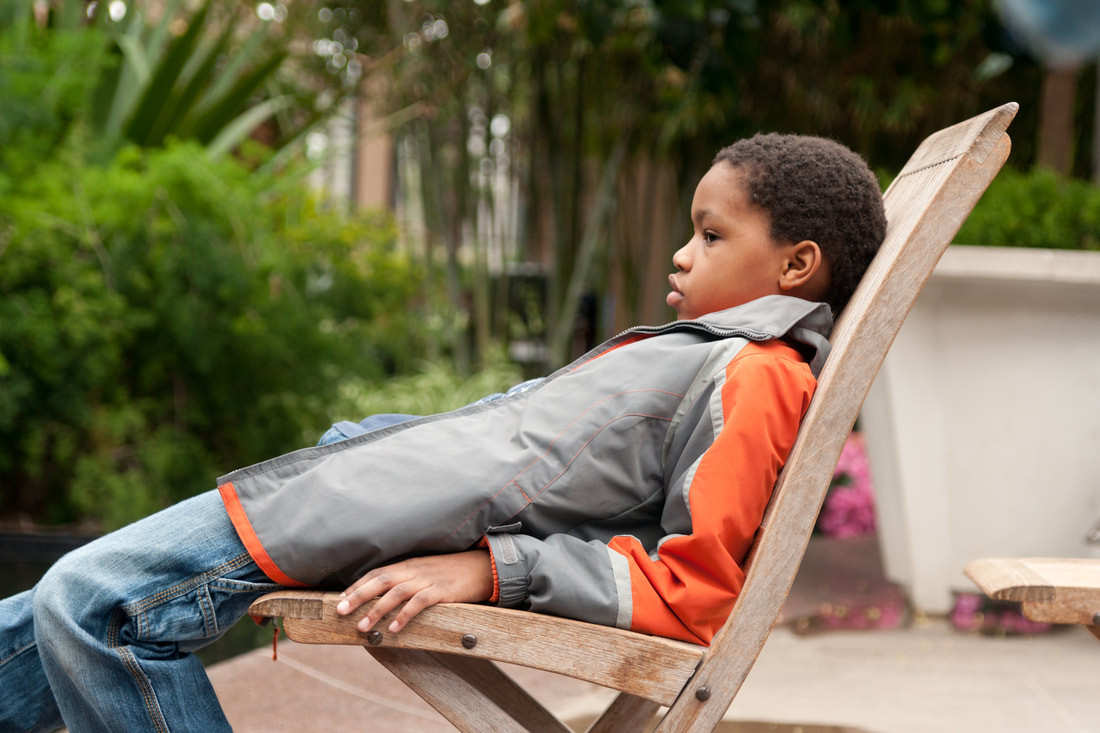
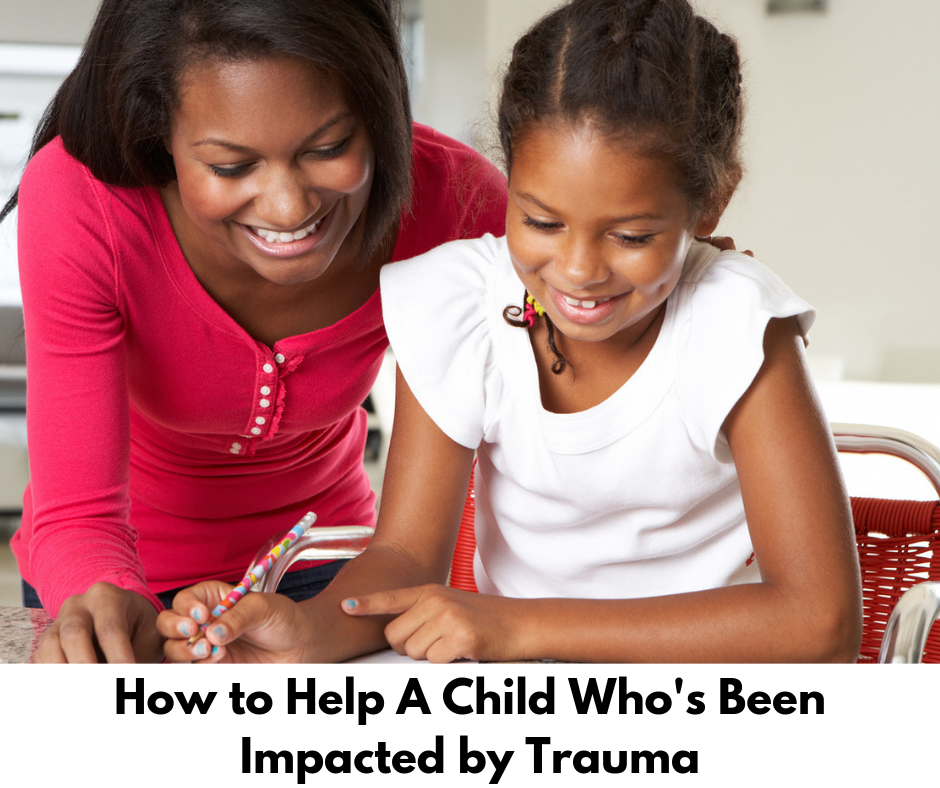
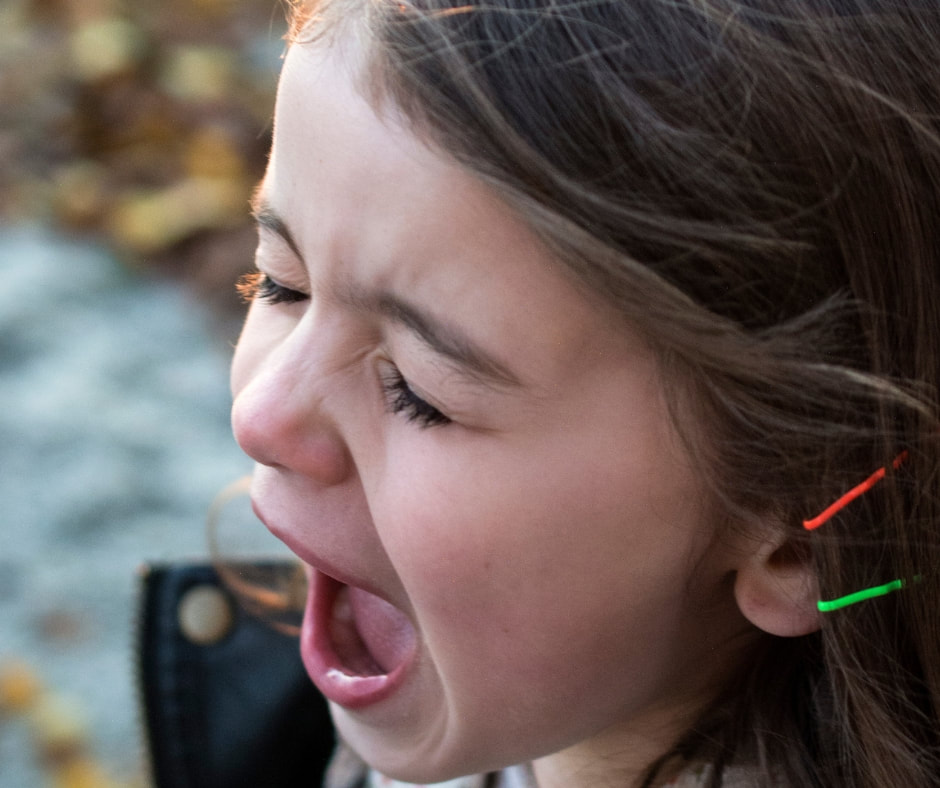

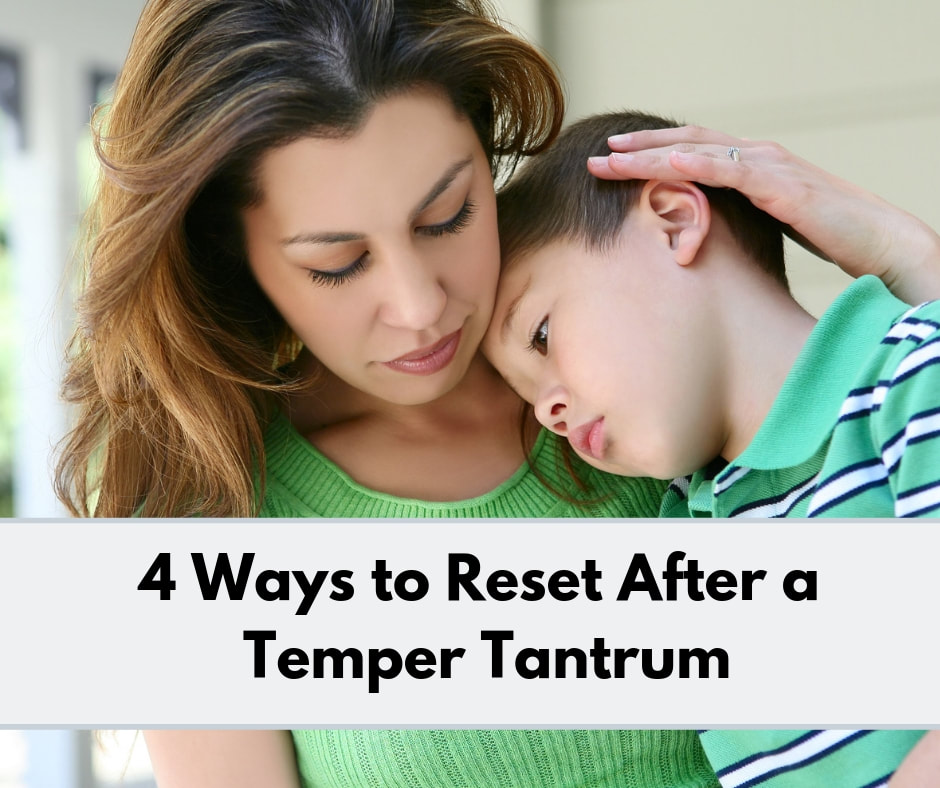
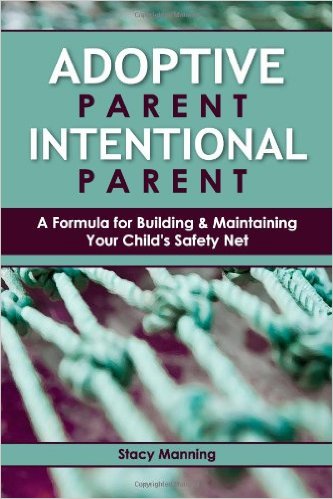

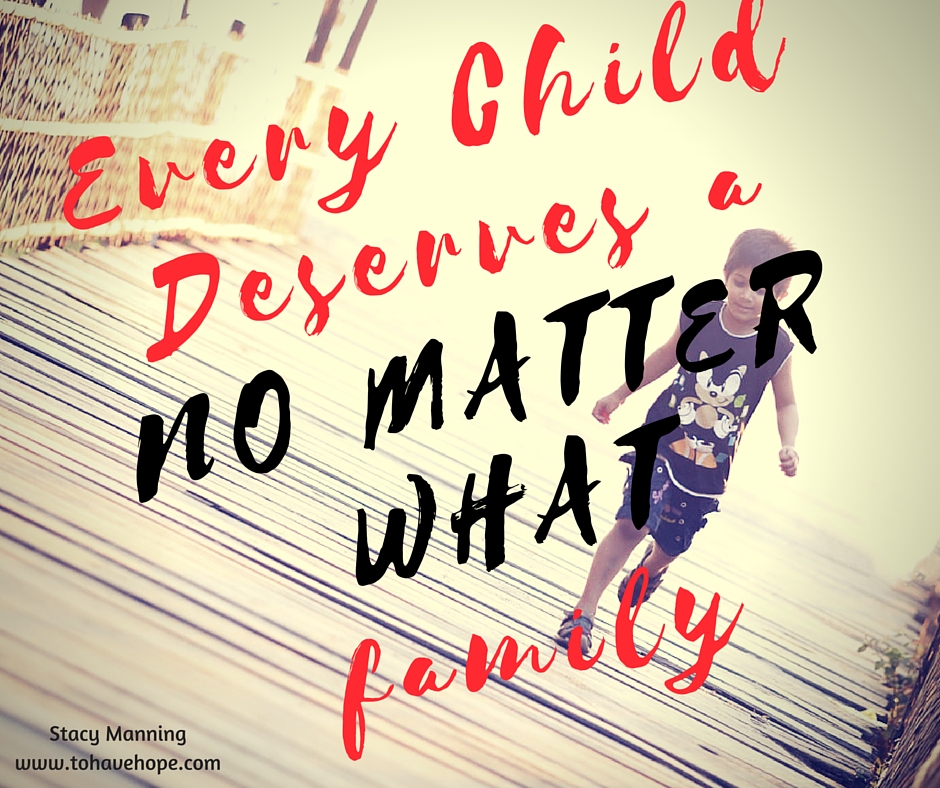
 RSS Feed
RSS Feed